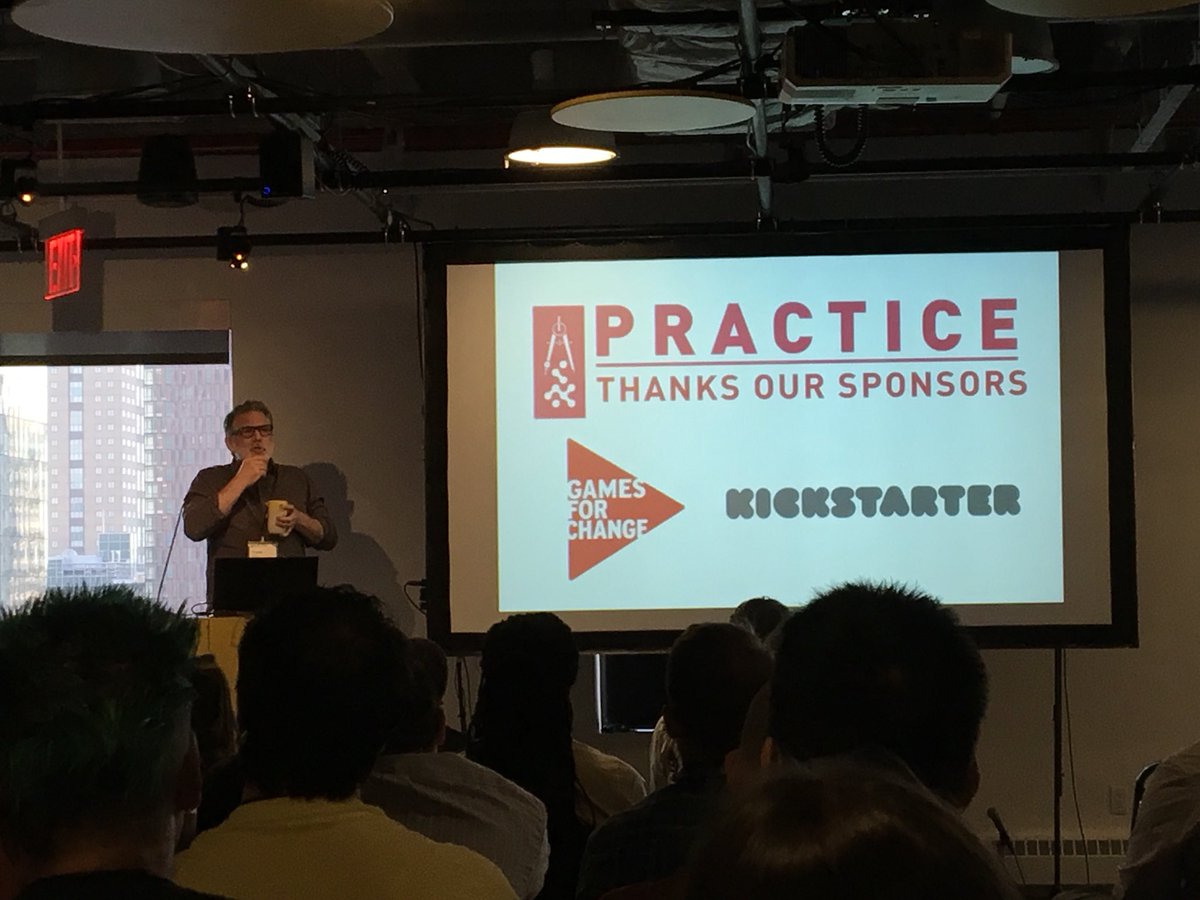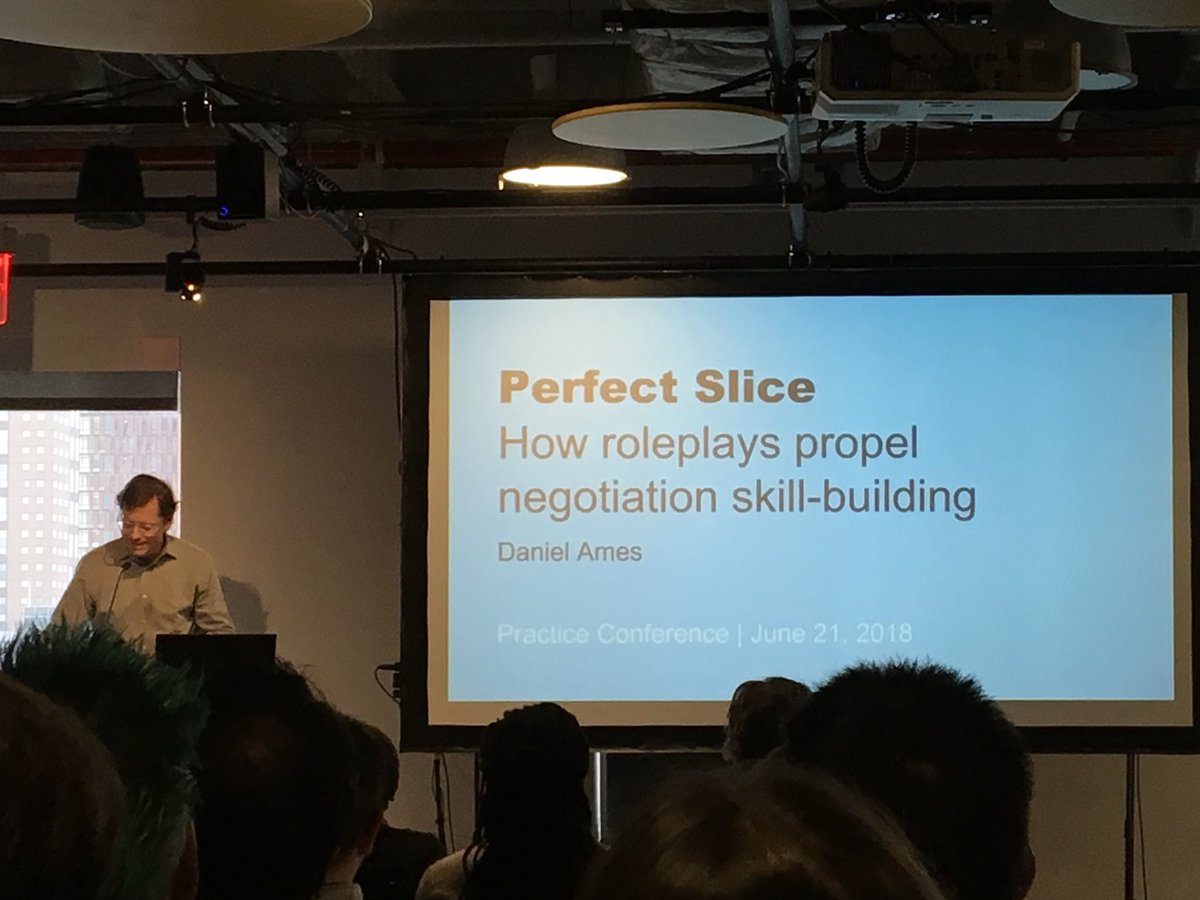(I don't remember how many units, but I think Golden West is on the Top 5 list for providers of affordable housing in Boulder.)
Laughs from council.
2. General Fund Reserves
3. One time or Annual Budget Allocation from
the Housing and General Fund
4. Voter Approved Debt
5. Certificates of Participation
6. Line of Credit or Loss Reserve Fund
I'll find out what Boulder's is, but I'm fairly certain it's lower. 1% or less, generally.
"We need to step it up," Yates says.
Weaver: That's what the balloon is there for; hopefully their wages have gone up, maybe gotten a promotion or a wage. Their situation has improved or they were able to save $$
"In this case, they may move even faster. If they're looking at the neighbor with appreciation, they're saying I want out of this" to get more appreciation.
Weaver: There are examples of ppl who do stay in deed-restricted homes for a long time
Jones: Especially if they're teachers or whatever, they're never.....
Yates: Why is that bad? We want her to stay in this community.
Staff says maybe 150%, for household of four would be income of $150K.
Council doesn't seem too hot on that.
Brockett wants an approximation of how much it will cost the city long term.
Weaver: Staff should talk with lenders about this. We have a track record; it's a relatively small $$ amount.
Staff has said there's not a lot of collateral available.
"We could take cars off the road" Yates says, if we take someone who works here but lives in Erie or (as Weaver says) Westminster.
Carr says he wants to make sure that's legal.
Morzel suggests mobile homes be included, in ones that are Thistle-owned or resident-owned. "Some of those homes are up to $100K, $120K"
No balloon payment, but a phasing(?) of re-payment at 15 years....?
They didn't talk about phasing, or else I missed it. @AaronBrockett12 can you fill me (and my readers) in when the meeting is over? plz and thx
Prob not, since there are so many questions. But it will be close to that, staff says.
Weaver: I'm concerned about how it appears to the public
Carlisle: I'm not talking about the whole things; just a certain %
Weaver: We can do a set-aside; 15%?
Carlisle: That's reasonable, given how many ppl commute in




